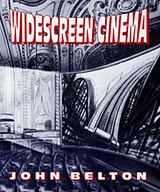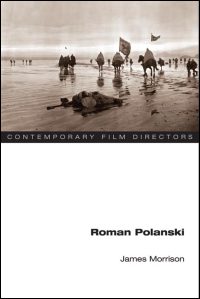Straightedge Youth: Complexity and Contradictions of a Subculture
by Robert T. Wood
Wood's sociological and cultural studies account of the straightedge music scene greatly contributes to the field of subculture. Wood's central argument is that when members become disenchanted with the values of their subculture, sub-groups form out what he refers to as "schisms." Straightedge was a result of a schism in the punk rock and hardcore scenes of the early 1980s. This is a great companion piece to Dick Hebdige's Subculture: The Meaning of Style.
War and Cinema
by Paul Virilio
How We Became Posthuman: Virtual Bodies in Cybernetics, Literature and Informatics
by N. Katherine Hayles
I became interested in Hayles' work in a course I took at Claremont Graduate University on Visual Research Methodologies. Hayles' book explores the question of embodiment, materiality and virtuality in the age of high technologies. A complex read, yet totally rewarding. I learned a lot about cybernetics.
Cinema and Experience: Siegfried Kracauer, Walter Benjamin, and Theodor W. Adorno
by Miriam Hansen
Superbly written book on the writings of Kracauer, Benjamin, and Adorno, three great writers of film and culture of the twentieth century. I particularly enjoyed reading about the various stages of Benjamin's canonical essay, "Art in the Age of Mechanical Reproduction."
Optical Media
by Friedrich Kittler
Unapologetic as a technological determinist, Kittler traces Renaissance art to computational machines. The key points is that the emergence of optical media now allows us to store, transmit and process information. This is a great read and very accessible.
Widescreen Cinema
by John Belton
Belton considers economic, historical, and technological factors that led to the film industry's conversion to widescreen in the 1950s. To compete with television, the film industry marketed widescreen and bigger and better sound as if you were going to an amusement park.
Amusing Ourselves to Death: Public Discourse in
the Age of Show Business
by Neil Postman
Roman Polanski
by James Morrison
Excellently written by my colleague and friend. I had the great pleasure of taking film classes taught by Jim. This is a fabulous book on Roman Polanski. Highlight is the chapter on Rosemary's Baby and the occult.













